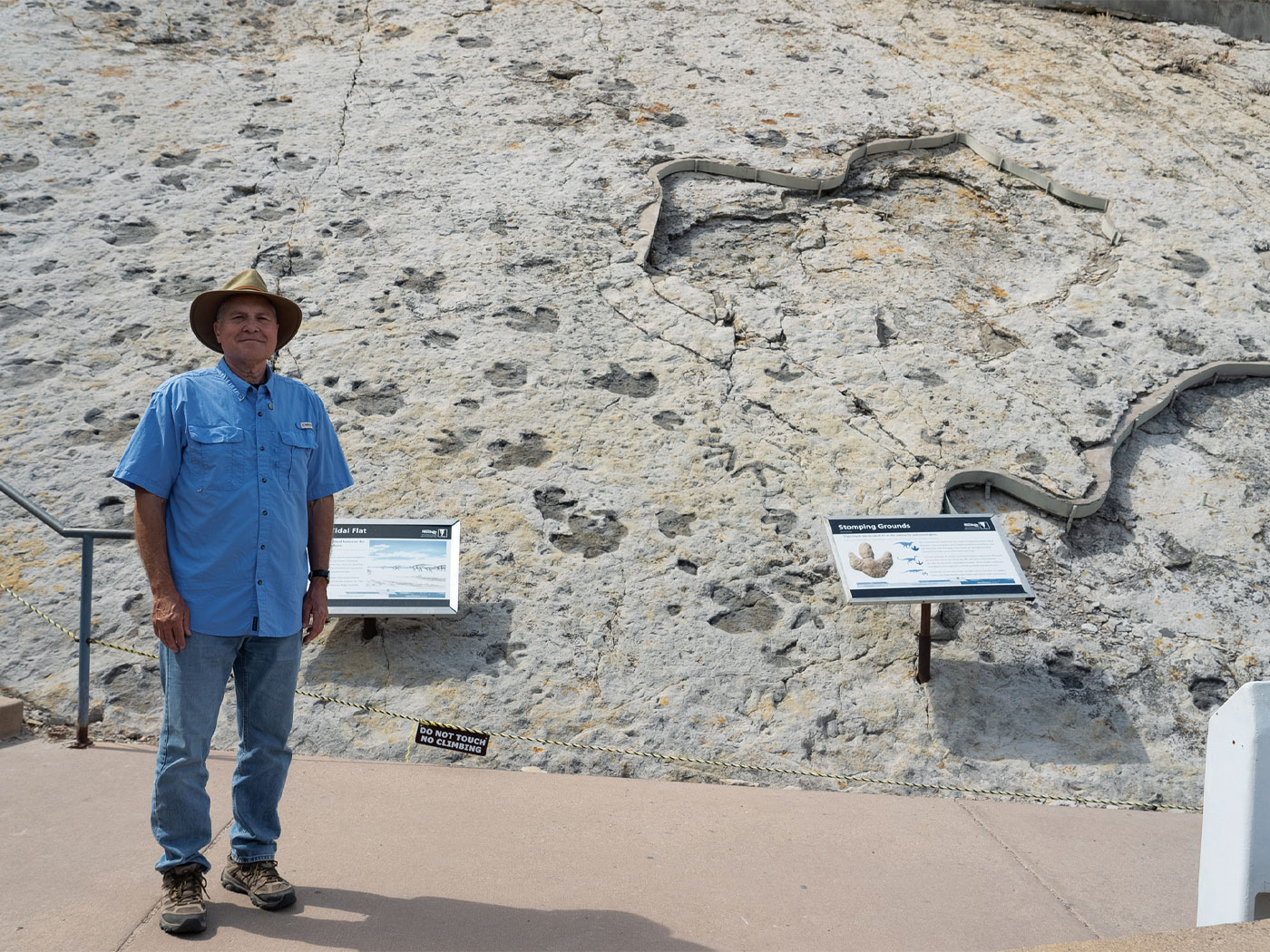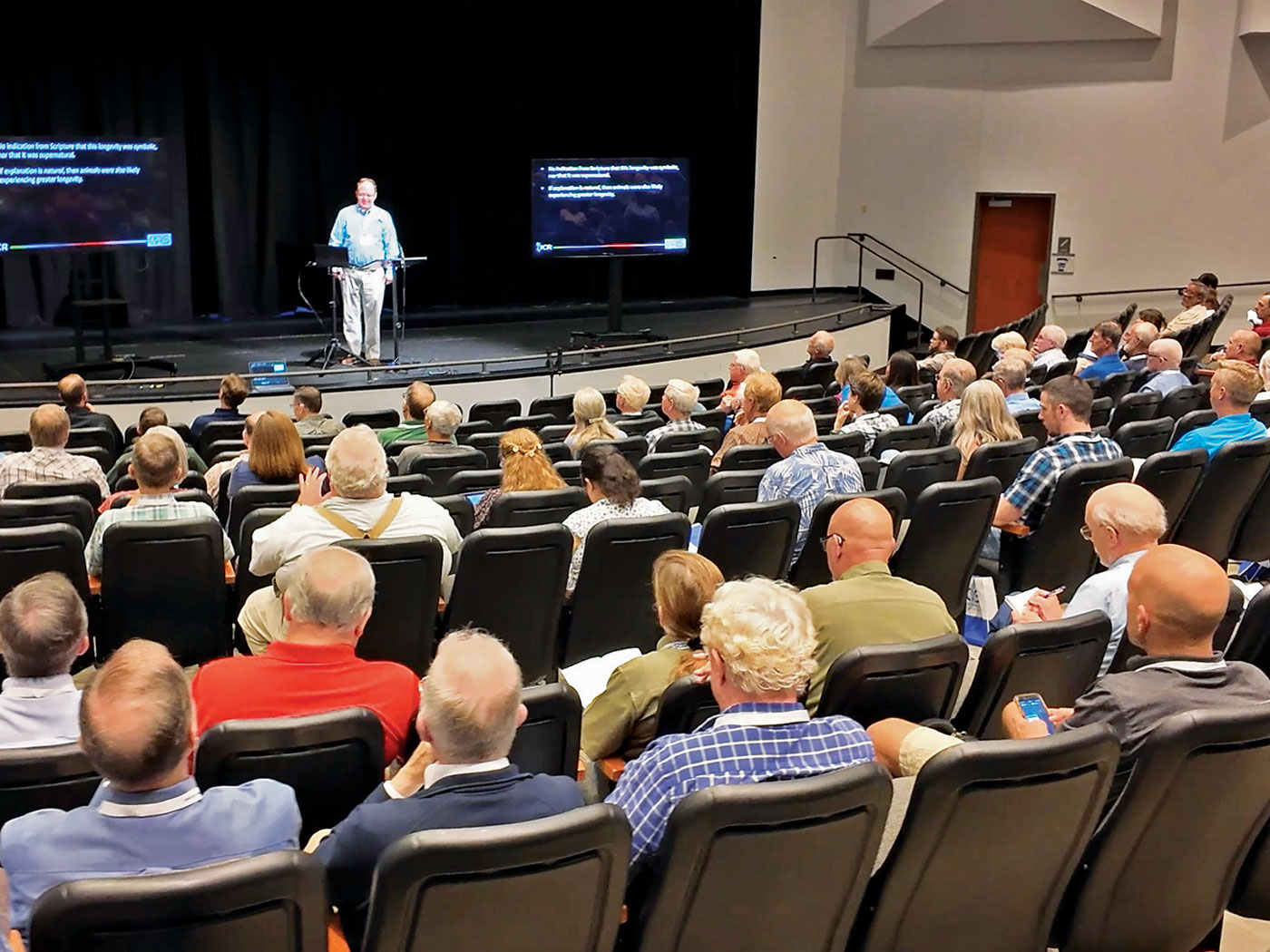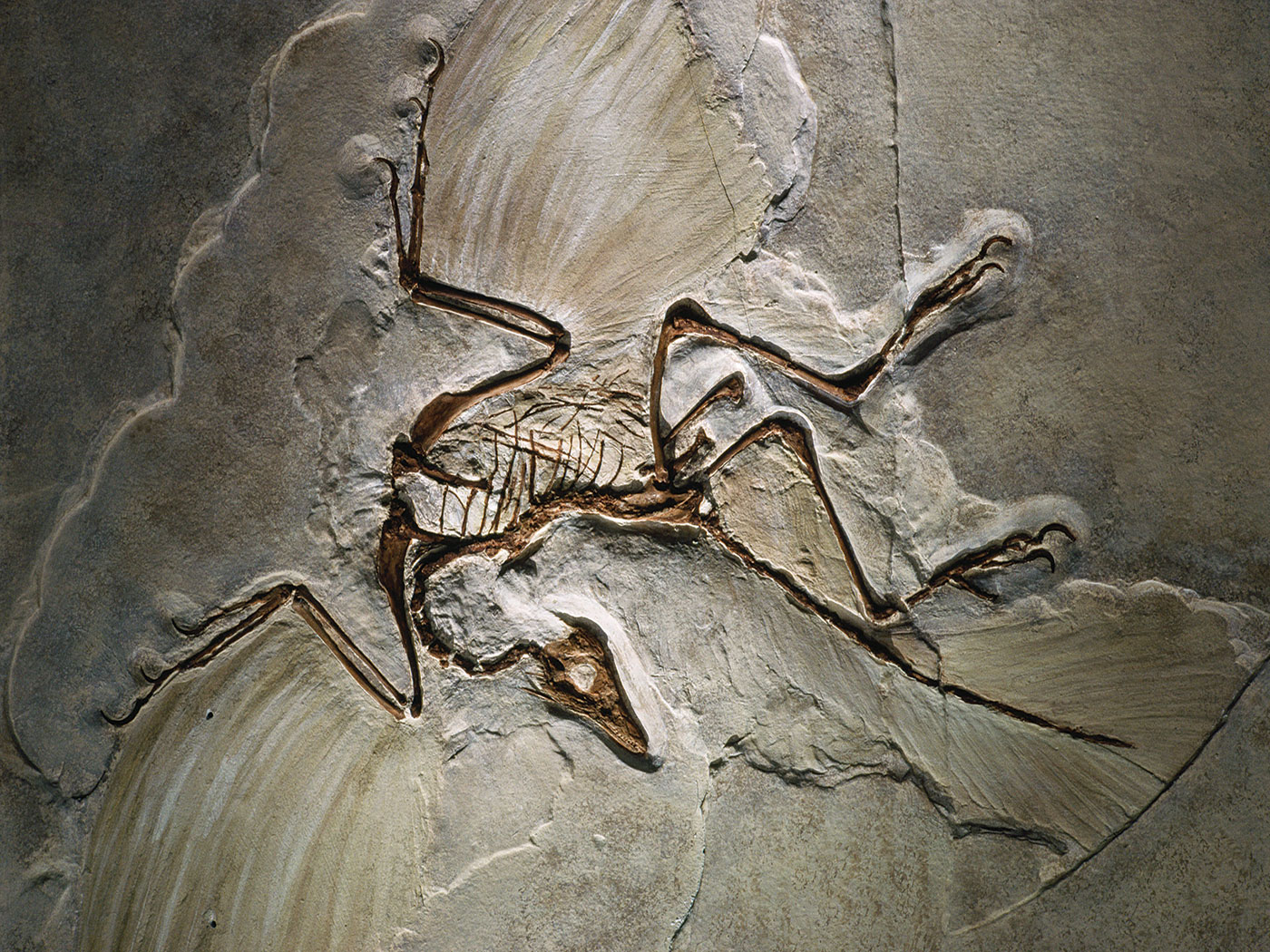"Verily, verily, I say unto you, If a man keep my saying, he shall never see death." (John 8:51)
This passage has been a difficult one for commentators. Most would interpret it to mean that a Christian will not experience spiritual death. While it is very true that a Christian--one who has been born twice (the second birth being a spiritual birth) will not experience spiritual death, in this passage Jesus seems to be talking about physical death. This is evidenced by the fact that the Jewish skeptics around Christ called Him a heretic for saying it, since it was obvious that Abraham and the other prophets had died physically. Christ did not correct them by clarifying His words to mean spiritual death. Despite the fact that the grave is full of those who physically died while believing in Christ, He teaches that His followers will "never see death."
Actually, the Greek is very emphatic here. The combination of words could be literally translated "He shall absolutely not see |physical| death, never." Perhaps Christ is teaching that a believer will never see real death, since, to such a one, death is, in reality, only "sleep."
But perhaps the key to understanding this teaching might be in the word "see." What does this mean? Several Greek words are translated by the English word "see," but this one merits special study. It implies a look that is more than indifferent, but one of pondering; intensely interested; preoccupied; and fully acquainted with its object.
A Christian, therefore, will not "see" death with such interest, for his attention will not be on death's terrors, but upon the One who Himself bore all that death had to offer, yet conquered it forever. A Christian can look even at his own approaching death calmly, with passive interest, for it holds little influence over him. "O death, where is thy sting? O grave, where is thy victory?" (1 Corinthians 15:55). JDM














